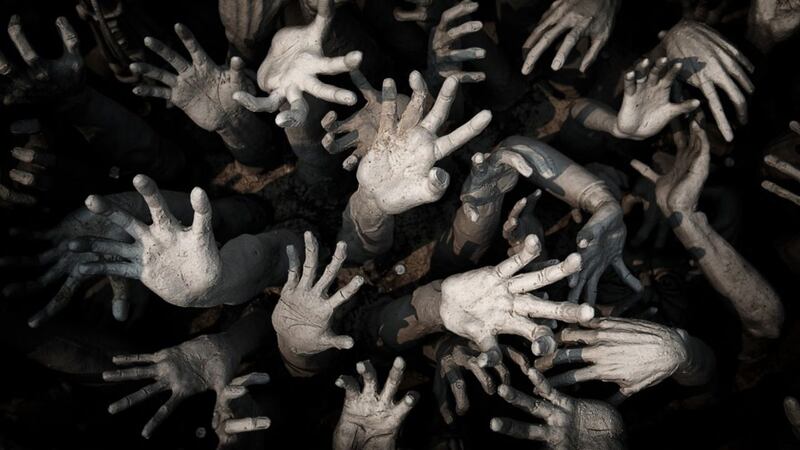"The Belfast Agreement created institutions which were unstable. They were suspended four times in three years and will always be liable to collapse. Despite the political crisis over the past 30 years, Belfast City Council has never been suspended. It is clear that we need a form of government which can survive the bad behaviour of any party and will not collapse after an election."
Given the fact that the Assembly has been suspended for almost five of the last seven years, having been collapsed by SF in January 2017 and then by the DUP in February 2022, I suspect a lot of people would agree about creating a form of government which could not be collapsed at will by either – or both – of the two largest parties. Indeed, the party in whose manifesto the above paragraph appeared went on, a few weeks later, to increase its vote by 7.2%, win 10 extra seats and leap from third party status to first.
I’m talking about the DUP and the 2003 assembly election, held on November 26. And there’s another very interesting – given the present circumstances – paragraph in the manifesto: "The DUP is committed to devolution. We believe that local people are best placed to make the decisions which affect their lives. Devolution is not however an end in itself but a means to an end. Devolved government is preferable to direct rule but not devolution at any price… It is critical that any new arrangements command the support of unionists as well as nationalists. Only through accepting political realities can a settlement be achieved. The process should not rely on a high degree of trust between the parties, but on what is achievable."
Read more:
Newton Emerson: Some form of direct rule may be only option left
David McCann: DUP needs to regain its mojo and take unionism down new roads
Within four years of that manifesto the DUP had given its imprimatur to a bespoke agreement with SF (May 2007 – following an election in March) which left both parties retaining an assembly-collapsing veto and in an executive in which unambiguous power-sharing was sacrificed in favour of what I described at the time as 'two competing governments in the same cabinet'.
It was an arrangement which suited the DUP and SF very nicely, thank you, because both acknowledged there wasn’t a high enough degree of trust between them to even pretend they wanted to be in government together.
We’re in a pretty similar situation right now. There’s still no trust and still no desire by either of them to give away the nuclear option of the unilateral veto.
The DUP still favours devolution over direct rule, not least because the form of direct rule available in 2023 would be much more problematic for unionists than it was in 2003. Back then, it was regarded as fairly benign and insipid; a holding pattern while the DUP and SF figured out how to persuade their own bases to hide their horror at having to be seen to govern Northern Ireland while keeping a straight face. Ian and Martin tried chuckling for a while but fooled nobody.

Direct rule now would be accompanied by the inescapable impression all round that power-sharing had finally morphed into the political/institutional equivalent of the Monty Python parrot – with no hope of even a squawks-about-squawks process restoring it to life.
And I’m not persuaded that the DUP wants to risk giving up on devolution at this point, knowing that the likely sequel will require a raft of u-turns and acceptance of new, uncomfortable realities.
So, it comes down to this: what price is the DUP prepared to pay to reboot the assembly?
We may have some hint during Jeffey Donladson’s speech at tomorrow’s annual conference, but I won’t be holding my breath just yet. My experience of political conferences is that they don’t like surprises sprung upon them.
But the protocol/framework crisis has been running since October 2019 and a decision is required. I don’t think the government will give the DUP much more time.







